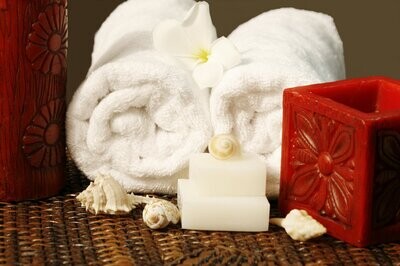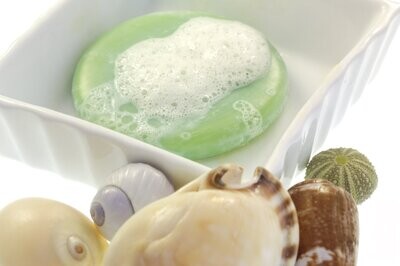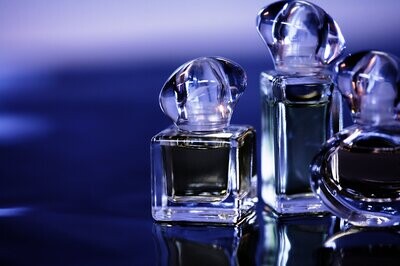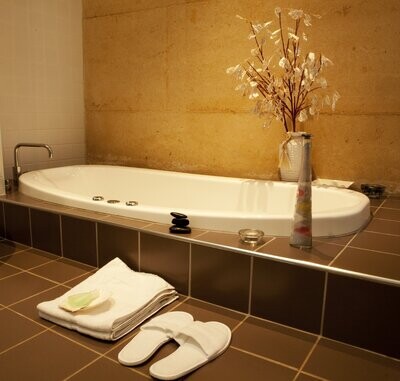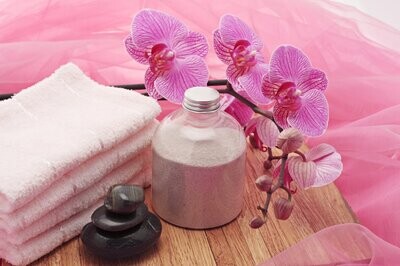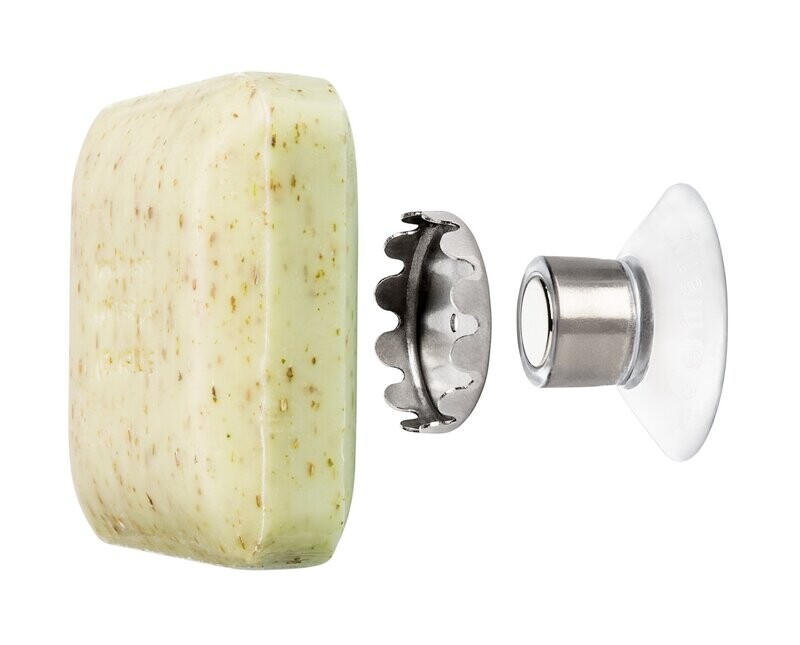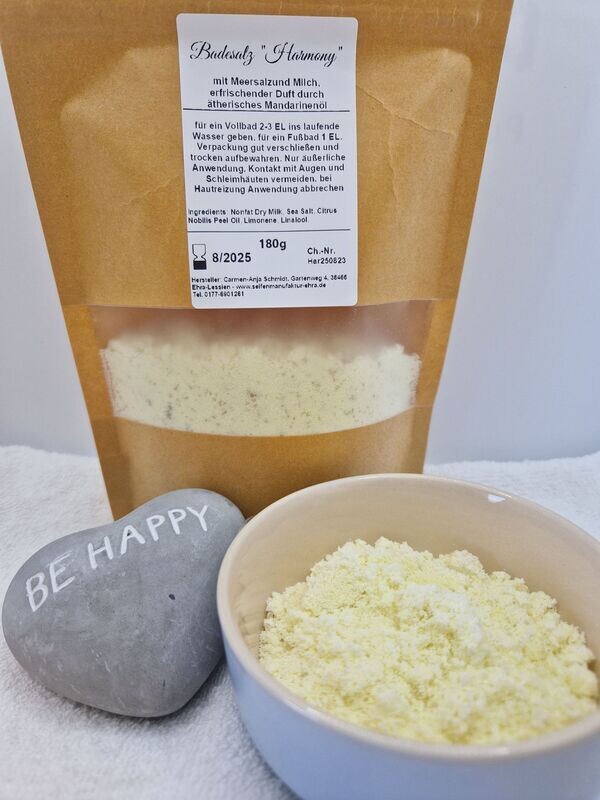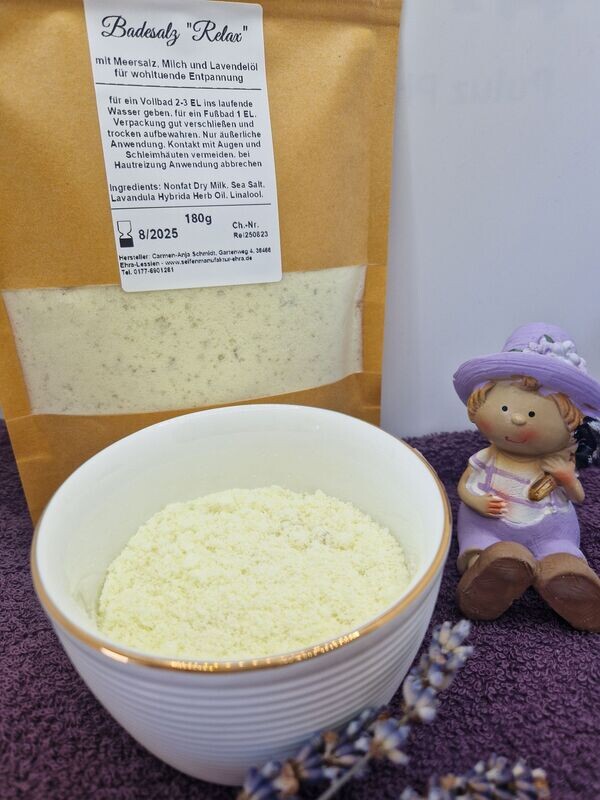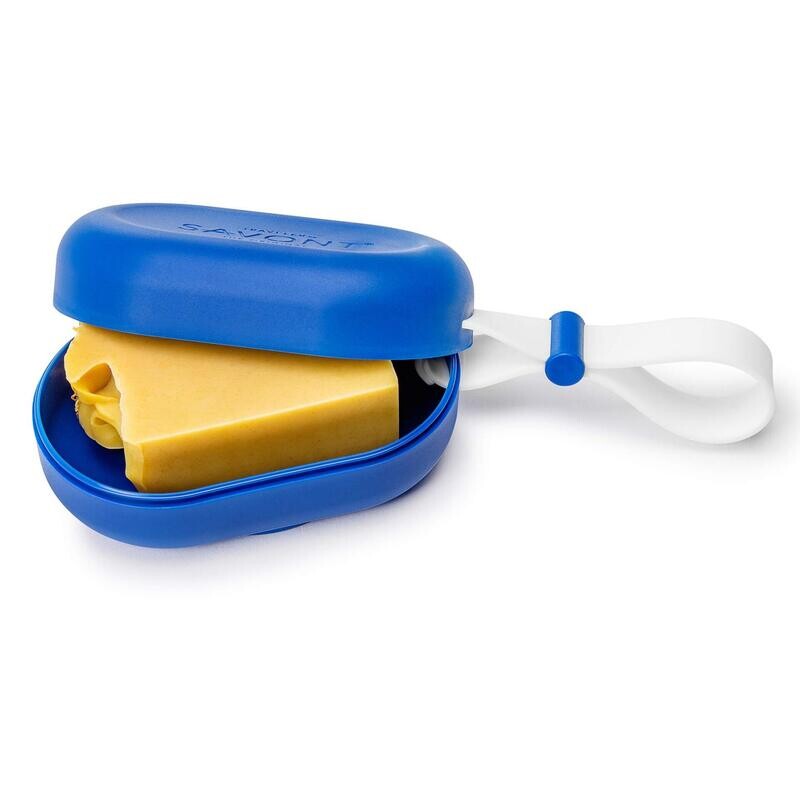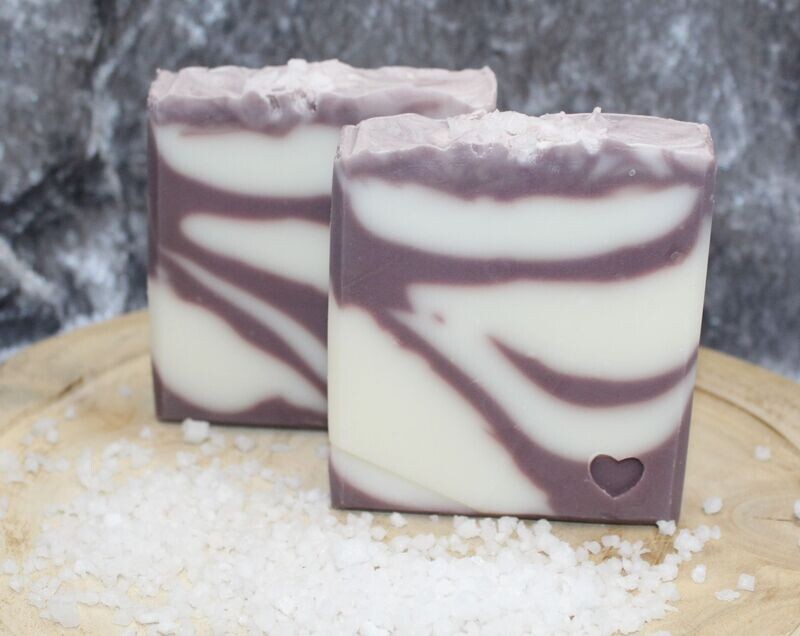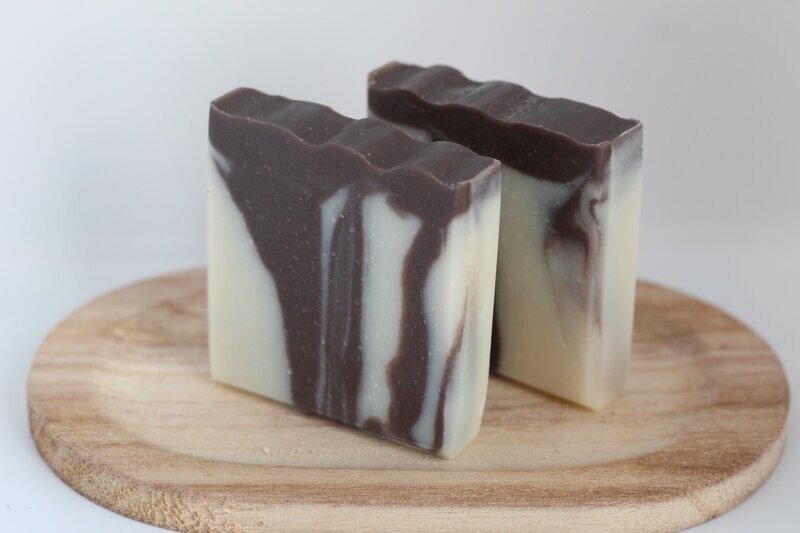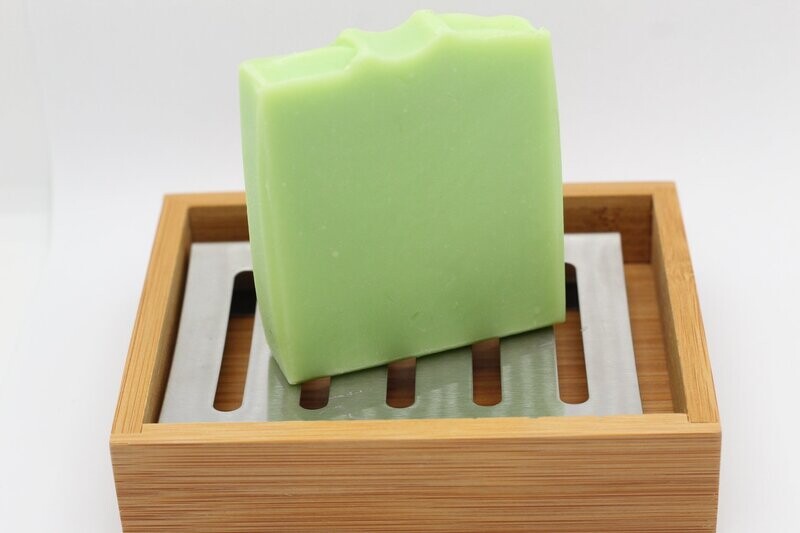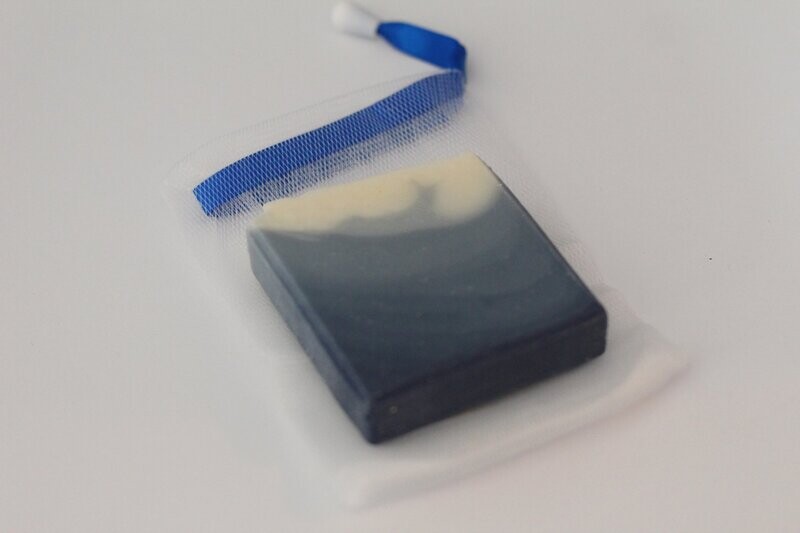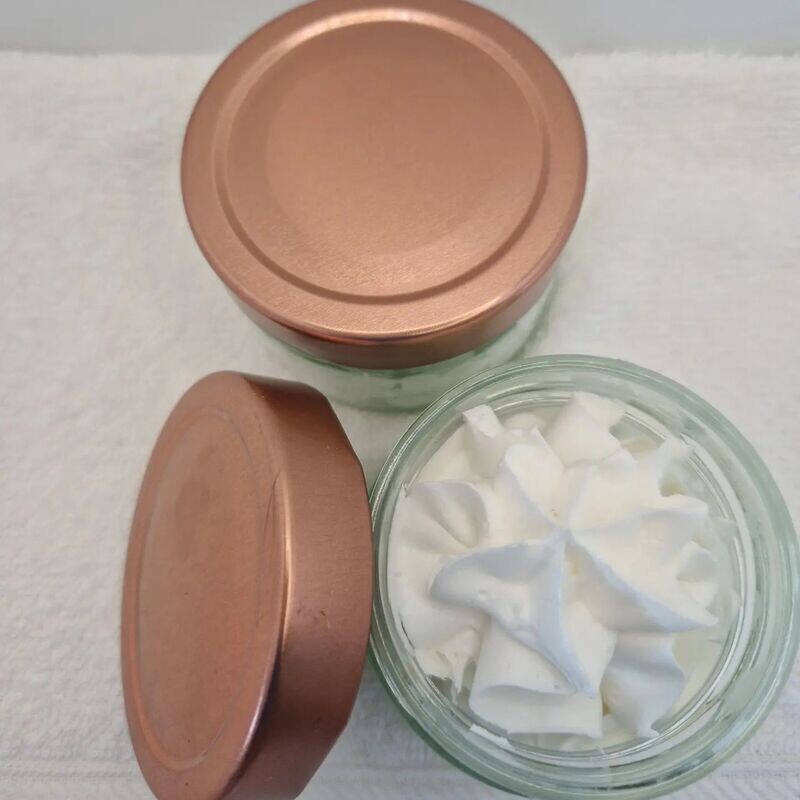This is what makes my soaps:
- I make my soaps lovingly by hand using the cold stirring process, just like the soap makers did back in the 17th century. Each bar of soap is unique, no two pieces are alike. After being shaped, the soaps are placed in a drying cabinet for 6 weeks, where they can now mature in peace and only then are they sold.
- During the "ripening period" the soap pieces lose weight and the water content evaporates. The fresh weight is always given in the shop, this decreases accordingly when the soap arrives at your place.
- I only use high quality ingredients, mainly coconut oil, safflower oil, shea butter and castor oil. The color additives are also of very high quality, and the ingredients can be completely traced back to the manufacturer.
- The soaps and the packaging have been tested and certified by an independent laboratory, this test is subject to the provisions of the EU Cosmetics Regulation. Of course, the products are also registered in the European notification portal for cosmetics, the "Cosmetic Product Notification Portal" (CPNP). The manufacturing process in my soap kitchen is carefully documented.
- Of course, the soaps are free of microplastics. For the sake of the environment, the soap bars are packed in (cellophane) cellophane. Pure cellophane has been made from wood for over 100 years, is breathable and can be disposed of with paper waste or compost waste.
- Of course I don't test on animals. Although I've washed my dog with my unscented soap before and her coat was so soft after washing
- Almost all soaps are vegan, non-vegan ones are explicitly marked.
- Most of the soaps have a degree of overfatting/refatting of 12%. This means that the oils are not completely saponified in the chemical process. Pure hand soaps are less over-greased because they tend to have a higher cleaning effect.
- The PH value is 8.5 to 9. So the fear of many that solid soaps are unhygienic is completely unfounded. Bacteria have no chance to multiply at this slightly basic level






